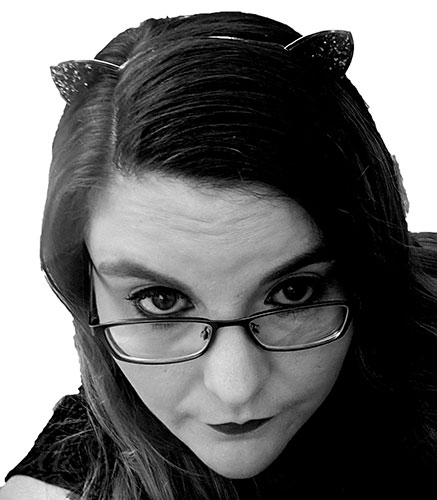In mid-May, after a three-year wait (made a year longer by COVID-19) I was diagnosed with autism.
What a relief! After 36 years of feeling like ‘an odd duck’, answers!
A friend of mine once wrote in his blog: ‘self-reflection doesn’t have to be the bastard child of tragedy’. It’s a good way to explain why I started the journey of an ‘official’ autism diagnosis; it is part of my own self-reflection. It is for me.
Medical diagnosis is a privilege only afforded to me because of our National Health Service. It is impossible for everyone who would eventually be diagnosed with autism to receive formal assessment services, particularly in parts of the world where healthcare is difficult to access or expensive.
Self-diagnosis is valid for many reasons, and this is just one of them. Many folks in online adult autistic spaces are self-diagnosed, and this is just as valid and important as my diagnosis from an NHS psychologist. Their voices are just as important to listen to and learn from as those of us who have an official diagnosis.
For me, joining online groups with other adult autistics has been an amazing ride of self-discovery. I have learned new language, laughed and cried with other people, and, on more occasions than I can count, met others with the same idiosyncrasies and in doing so, found validation.
I have discovered that I am ‘hyperlexic’ – precocious and fascinated with words – which almost certainly explains why no one noticed my dyslexia until I was 26 (along with spell-check!). It probably also explains why I find writing such a joy. Like I say, this has been a journey of self-discovery.
I have also found community.
“Self-reflection doesn’t have to be the bastard child of tragedy”
In conversation with other autistic folk, I have found that many of us have a strong interest in social justice. I’ve lost count of the amount of chats I’ve had where we ‘set the world to rights’. I have to wonder how many of us in social justice movements have some form of neurodivergence that motivates, drives or inspires us to work for a better world.
Greta Thunberg has been extremely open about how her autism affects her activism. She told Teen Vogue in 2021: ‘Autism can be something that holds you back, but if you get to the right circumstance, if you are around the right people, if you get the adaptations that you need and you feel you have a purpose, then it can be something you can use for good.’
She went on to talk about the impact of working with other autistic and like-minded activists on mental health: ‘I know lots of people who have been depressed, and then they have joined the climate movement or Fridays for Future and have found a purpose in life and found friendship and a community that they are welcome in.’
Greta is wonderfully outspoken, and as I learn more about my own autism, and autism in general, I too am becoming more outspoken about it. ‘Great!’ you might think. And it is, but it is not without its issues.
In the autistic community, we often use the phrase ‘Actually autistic’ (shortened to AA) to differentiate between those of us with personal, lived experience of autism, and those who have varying degrees and types of expertise due to proximity with autistic people (family, friends, carers, professionals and so on).
Now, you would think that lived experience trumps all other expertise in conversation. But no. Time and time again autistic voices are talked over, ignored or even attacked, often for trying to help or provide asked-for advice. We could all do well to listen more deeply, particularly to the lived experience of others.
One thing our community is crying out for is better mental health care. For example, there is often an anxiety that comes with being any kind of neurodivergent in a neurotypical world. We need help (and understanding) to manage that, and other challenges, that we face as both individuals and as a group.
Listening is one of the first parts of being a good ally. Like any minority group, we need allies. Allistic (non-autistic) folks are our friends and our families. They are our partners, our doctors and our colleagues. And we are yours.
Stand with us?


